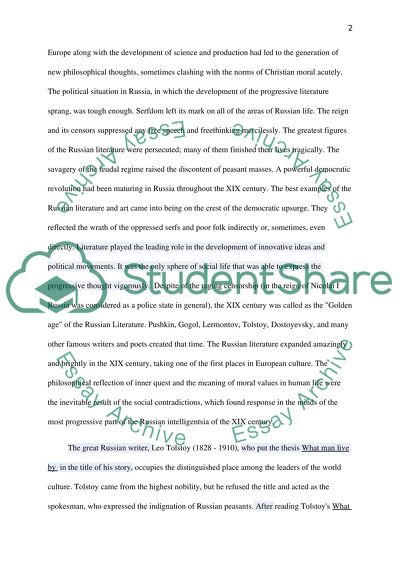Cite this document
(“What Men Live By. Human existence in the world Essay”, n.d.)
Retrieved from https://studentshare.org/environmental-studies/1414263-what-men-live-by
Retrieved from https://studentshare.org/environmental-studies/1414263-what-men-live-by
(What Men Live By. Human Existence in the World Essay)
https://studentshare.org/environmental-studies/1414263-what-men-live-by.
https://studentshare.org/environmental-studies/1414263-what-men-live-by.
“What Men Live By. Human Existence in the World Essay”, n.d. https://studentshare.org/environmental-studies/1414263-what-men-live-by.


